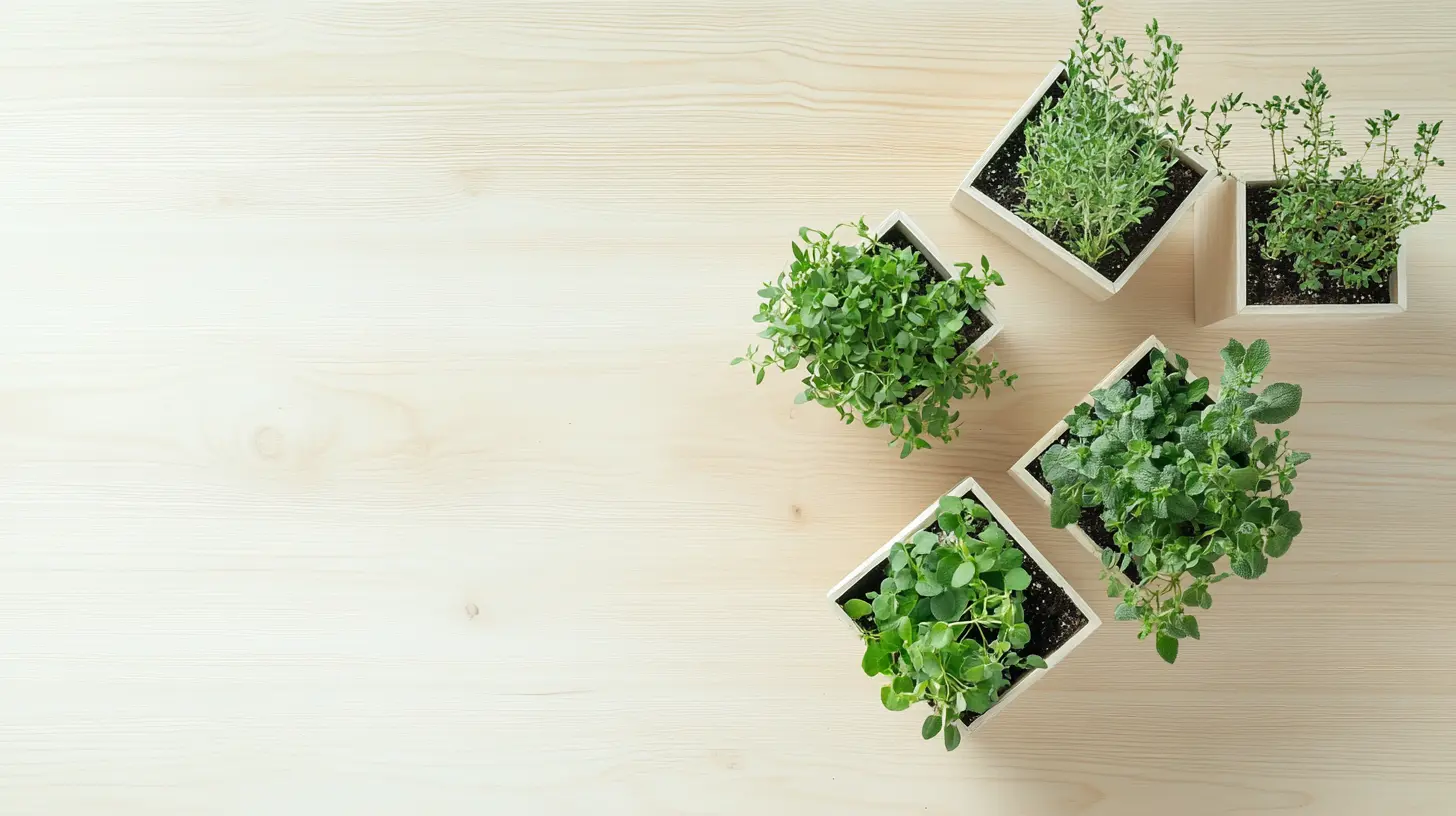
The Path to an Organic Garden
Starting organic gardening is an important stage in which the gardener determines an approach that will suit the natural conditions and needs of the plants. It is important to create a foundation for healthy soil using natural methods such as composting and green manure.
First of all, it is necessary to choose the right location for the garden that suits the climatic conditions of your area.Organic gardening involves the rejection of chemical fertilizers and pesticides. Instead, you can use natural methods that promote soil and plant health. Mulching, composting, and organic fertilizer all help to maintain a balance in your garden’s ecosystem and allow your plants to thrive naturally.
First of all, it is necessary to choose the right location for the garden that suits the climatic conditions of your area.Organic gardening involves the rejection of chemical fertilizers and pesticides. Instead, you can use natural methods that promote soil and plant health. Mulching, composting, and organic fertilizer all help to maintain a balance in your garden’s ecosystem and allow your plants to thrive naturally.
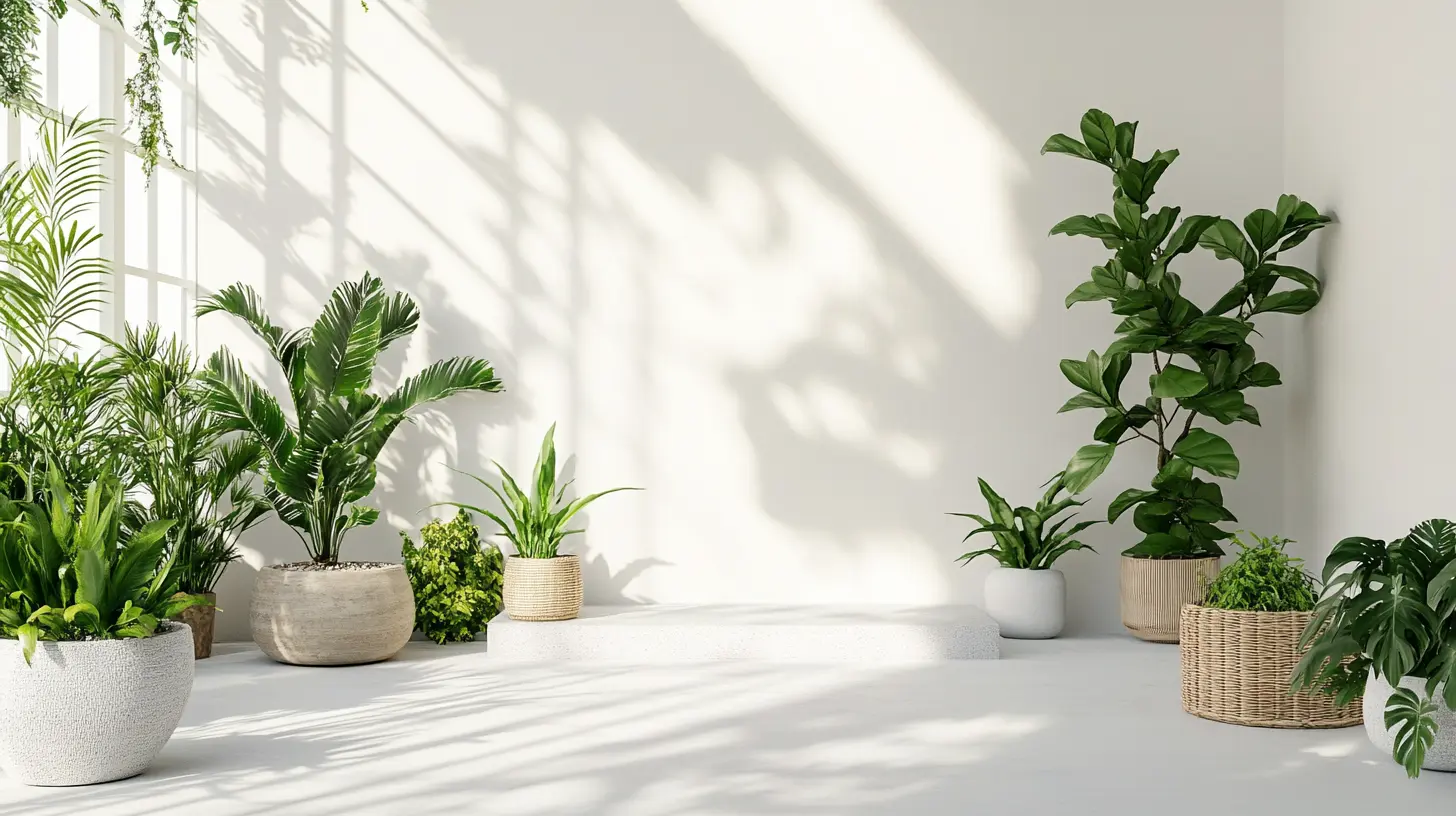


Key Factors for a Successful Garden
Weather
Weather is one of the main factors that affects plant growth. For organic gardening, it is important to know which plants are best suited to your climate zone. Consider seasonality and temperature to plan your plantings correctly.
Geography
Geographical location determines the type of soil and the availability of natural resources, such as water. It is important to consider these factors when creating a garden to choose plants that will thrive in your area.
Information
Gathering and studying information about organic gardening methods is an important step. Using online resources, consulting with experts, and participating in local gardening communities will help you gain the knowledge you need to garden effectively.
How to Prepare Soil for Organic Gardening
Soil is the foundation of any garden, and organic gardening requires special attention to soil quality. Soil preparation involves several steps: checking the pH, adding organic materials such as compost and organic-based fertilizers, and improving soil structure to ensure healthy plant growth.
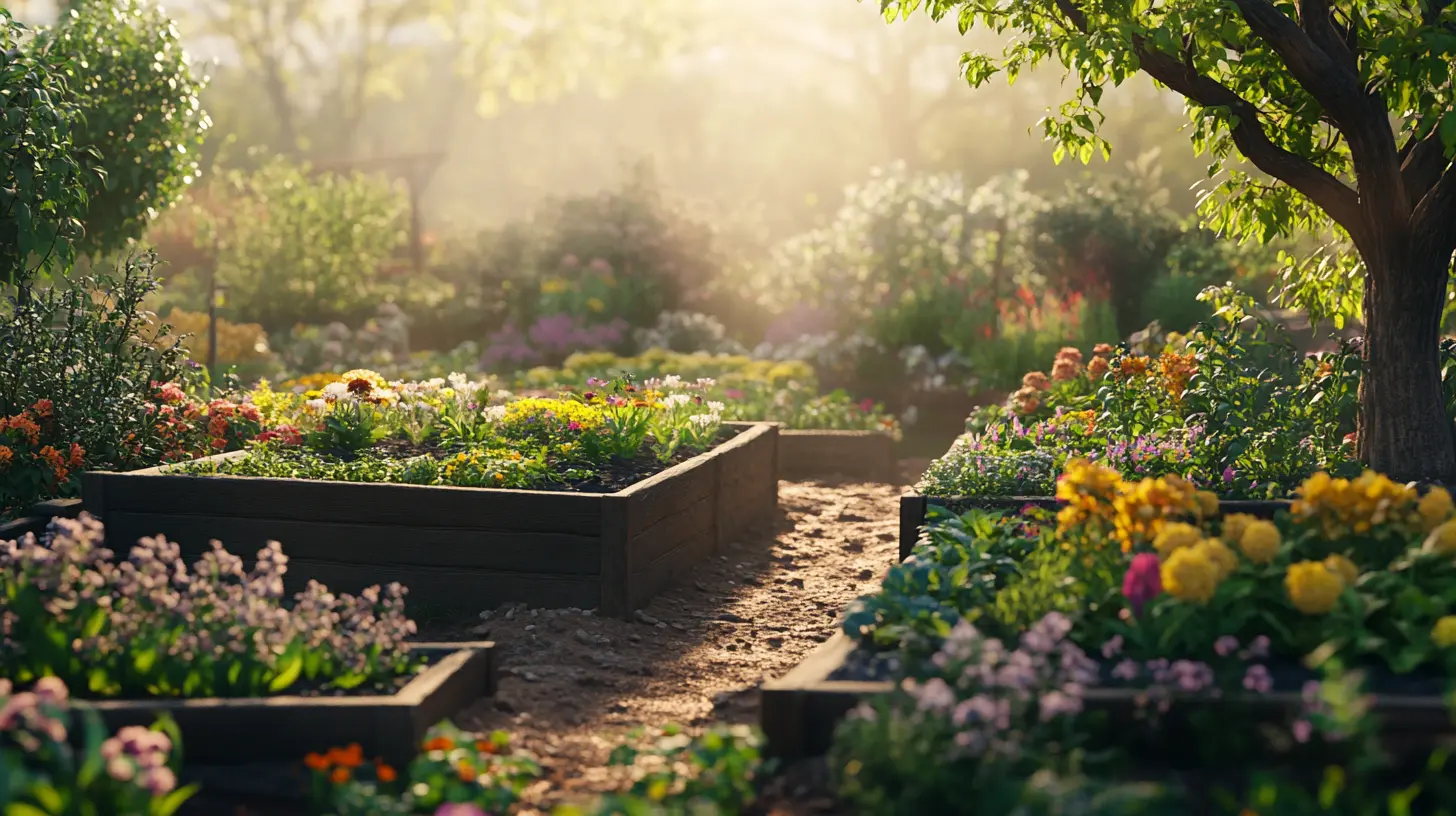
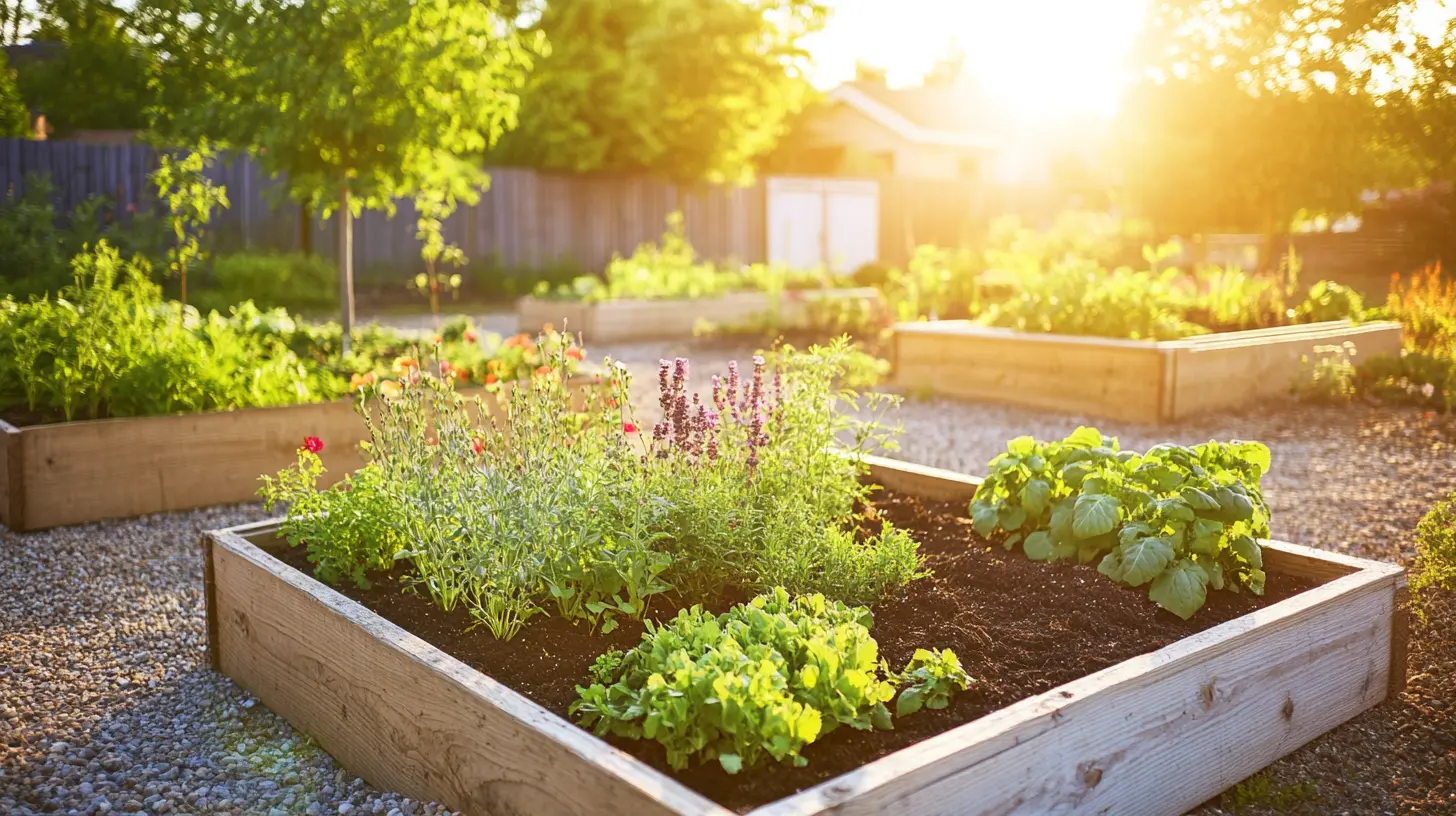
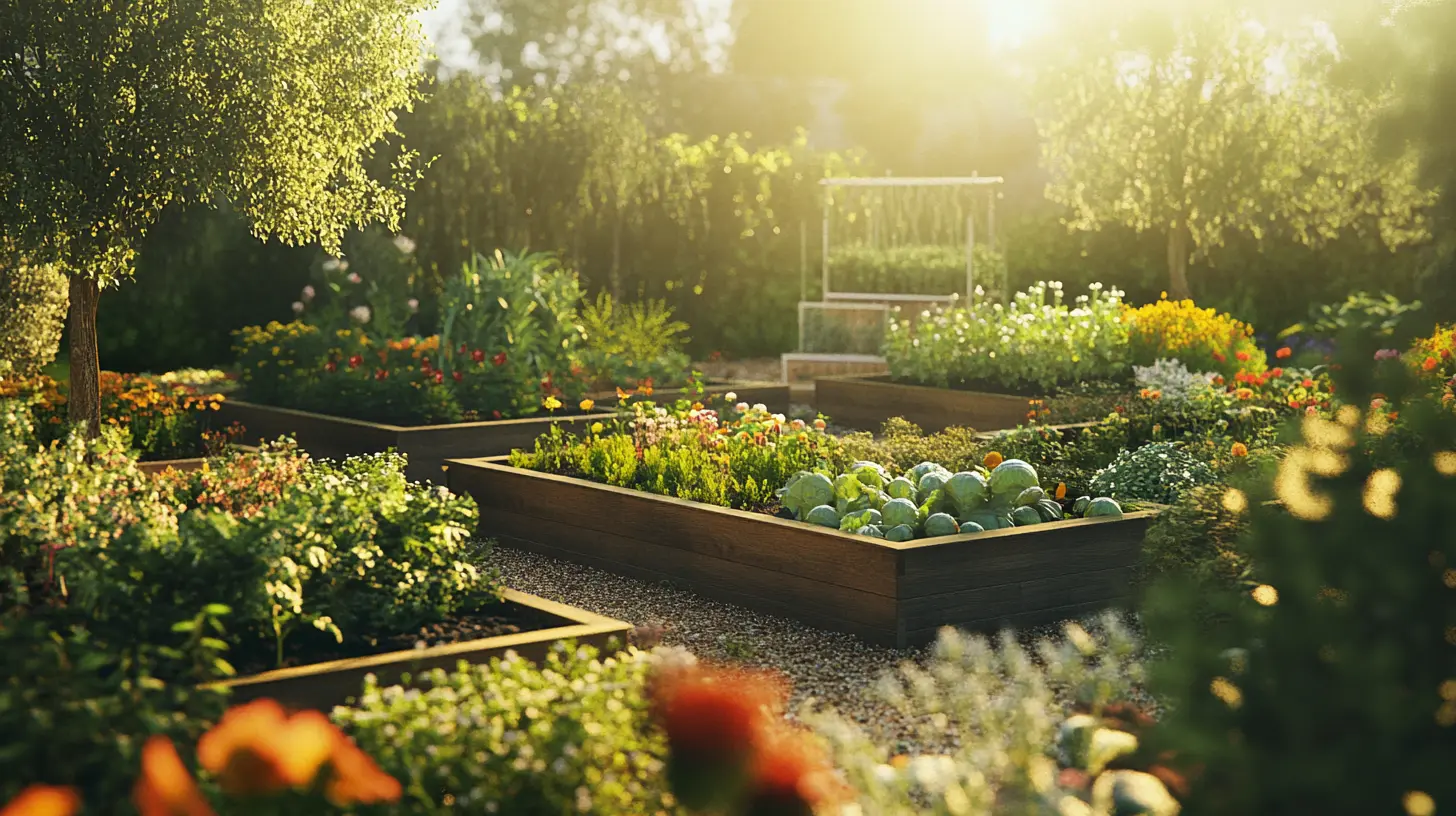
How to Succeed in Organic Gardening?
Choosing Plants for Your Garden
The first and most important step in creating an organic garden is choosing the right plants. This is crucial to the long-term success of your gardening. When choosing plants, you need to consider the climate, soil type, and local conditions of your area.One of the best options is to use native plants.
They are usually better adapted to the local weather, soil type, and natural factors. Native plant species are able to withstand harsh conditions, such as temperature changes, drought, or heavy rains that often occur in certain regions.
They also have deeper roots, which allows them to more efficiently obtain water and nutrients from the soil.It is also important to consider the resistance of native plants to diseases and pests. Native species are usually less susceptible to various diseases because they already have natural defenses in the form of adaptive mechanisms against local pests and diseases. This allows for a significant reduction in the use of pesticides and chemical fertilizers, which is the basis of organic gardening.
They are usually better adapted to the local weather, soil type, and natural factors. Native plant species are able to withstand harsh conditions, such as temperature changes, drought, or heavy rains that often occur in certain regions.
They also have deeper roots, which allows them to more efficiently obtain water and nutrients from the soil.It is also important to consider the resistance of native plants to diseases and pests. Native species are usually less susceptible to various diseases because they already have natural defenses in the form of adaptive mechanisms against local pests and diseases. This allows for a significant reduction in the use of pesticides and chemical fertilizers, which is the basis of organic gardening.
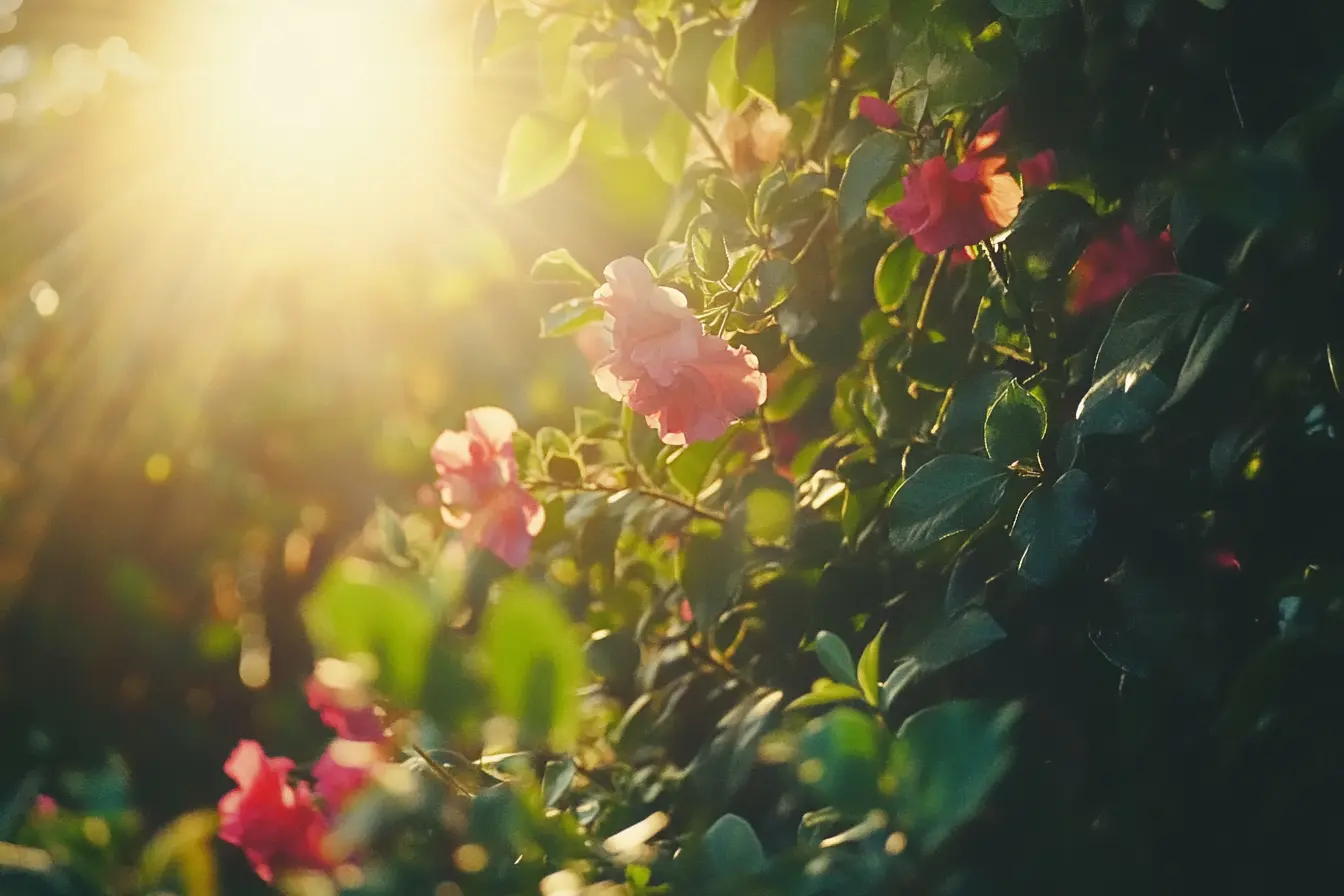
Using Compost and Organic Fertilizers
Composting is one of the most effective ways to improve soil structure. Use plant debris, kitchen scraps, and natural materials to create rich compost. This will not only improve the soil, but also reduce waste.

Protecting against pests with natural methods
It is important to use environmentally friendly methods when fighting pests. For example, growing plants that repel pests or using natural enemies of pests, such as aphids.
FAQ
Ücretsiz oynayabilir miyim?
What is organic gardening?
How to prepare the soil for an organic garden?
What plants are best for an organic garden?
Can chemical pesticides be used in organic gardening?

Your Path to Organic Gardening
Organic gardening is not just a fashion trend, it is a lifestyle. Choosing natural methods that promote healthy soil and plants makes it possible to create not only a beautiful garden, but also a sustainable ecosystem.


.svg)
